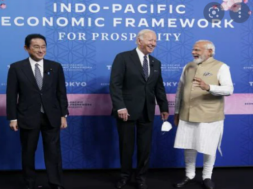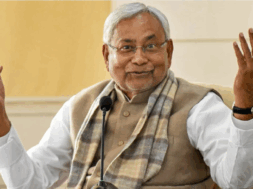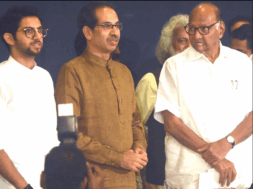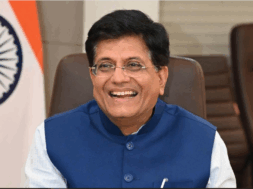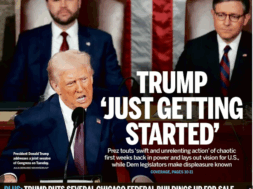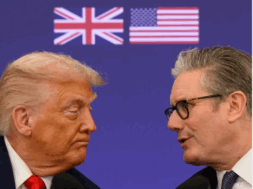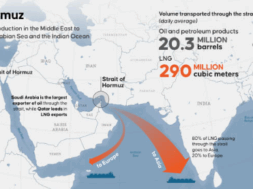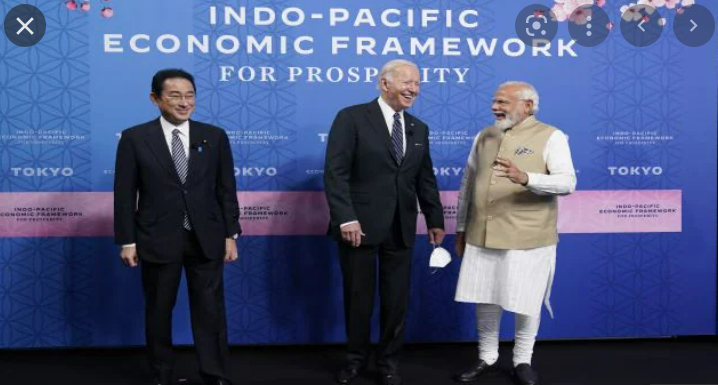
Trade: With India, and 11 others, the US launches IPEF, which irks China
Virendra Pandit
New Delhi: With India and 11 other nations enrolled, the US on Monday launched a “new model of economic arrangement”—called the Indo-Pacific Economic Framework (IPEF)–that will set the terms and rules of the road for trade and technology and supply chains for the 21st century.
The US launched the “unconventional trade agreement” with these 12 initial members with an eye on China ahead of the Quadrilateral Security Dialogue (Quad) Summit in Tokyo.
Together, these 12 countries represent 40 percent of the world’s Gross Domestic Product (GDP).
It is not a “traditional trade deal”, US National Security Adviser Jake Sullivan said as he described the IPEF in Tokyo.
They launched the IPEF in Tokyo in the presence of US President Joe Biden, Japanese Prime Minister Fumio Kishida, and his Indian counterpart, Narendra Modi.
Apart from India and Japan, the other member nations are Australia, Brunei, Indonesia, South Korea, Malaysia, New Zealand, The Philippines, Singapore, Thailand, and Vietnam.
Indian Foreign Secretary Vinay Mohan Kwatra had said in a briefing last week that India’s participation was under discussion, the media reported.
“We all realize that in so far as the Indo-Pacific Region is concerned, the economic segment of it is very important, both to harness the opportunities of economic partnership that are available in the region, whether they are in various dimensions of economic areas, or they are related to capacity building,” he said.
“It is going to be a wide-ranging and comprehensive set of countries from across the region, a mix of different economies,” said US NSA Jack Sullivan.
The aim is to cover supply chains, the digital economy, clean energy transformation, investments in infrastructure and working standards under this agreement without having a traditional trade deal that may find resistance in the US over public concerns of job losses.
US Trade representative Katherine Tai had referred to trade deals as a very 20th-century tool while discussions were underway since last year on IPEF.
Predictably, the IPEF has irritated China. Its official mouthpiece Global Times said, “… embedded in a deep political and strategic purpose, the IPEF is a geostrategic framework rather than an economic framework.
Being also called the IPEF a ‘closed club’.
Sullivan rebutted, saying, “It’s just flatly untrue to call IPEF closed. It is by design and definition an open platform. And we do expect, in addition to the countries that join for the launch, others will come along in the months and years ahead. That being said, the breadth of participation tomorrow was such that it will very much show that it’s anything but a closed club. It is a very wide-ranging membership.”
At present, China is part of the economic framework with the ASEAN countries, called the Regional Comprehensive Economic Partnership (RCEP), the world’s largest trade bloc. It has 15 members, including 10 ASEAN countries plus China, Japan, South Korea, Australia, and New Zealand.
Two of the four Quad countries—Japan and Australia—are currently part of the RCEP, but the US and India are not.
India had exited the RCEP negotiations over “significant outstanding issues”. This largely pertained to New Delhi’s concerns over unbridled exposure to Chinese products without adequate safeguards against the surge in imports. India’s other concern was about circumvention of rules of origin, which means the source of the products (mostly from China).
Replying to queries about the RCEP, Sullivan said, “It is going to be a big deal and a significant milestone in US engagement in the Indo-Pacific. And at the end of the President’s first term, I think we will look back and say this was a moment where the US engagement in the Indo-Pacific got kicked into a different gear.”
